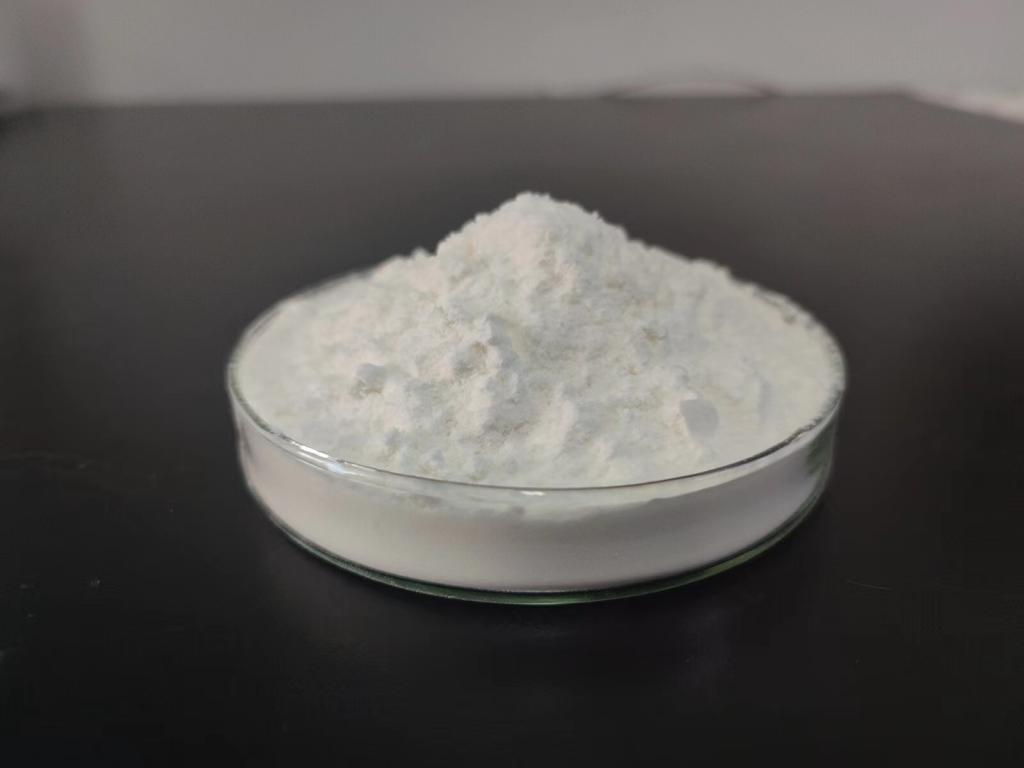Tel:0086 18231198596

News
Current Position:
Home >
News
>ε-Polylysine Hydrochloride for Precision Control of Microbial Growth in Food
ε-Polylysine Hydrochloride for Precision Control of Microbial Growth in Food
TIME:2024-03-01
1. Introduction:
Ensuring the safety and quality of food products is a paramount concern for the food industry. Microbial growth can lead to spoilage, deterioration, and the risk of foodborne illnesses. ε-Polylysine Hydrochloride, derived from natural sources, offers a precision solution to control microbial growth, presenting opportunities for enhancing the microbiological stability of various food items.
2. Understanding ε-Polylysine Hydrochloride's Antimicrobial Mechanisms:
At the core of ε-Polylysine Hydrochloride's effectiveness is its unique antimicrobial mechanism. The biopolymer disrupts microbial cell membranes, leading to cell lysis and inhibition of growth. Understanding these mechanisms is essential for appreciating how ε-Polylysine Hydrochloride can be tailored for precision control in different food matrices.
3. Applications in Controlling Bacterial Contamination:
Bacterial contamination is a common challenge in the food industry, impacting the shelf life and safety of products. ε-Polylysine Hydrochloride's applications in controlling bacterial growth extend across a spectrum of foods, including meats, dairy products, and ready-to-eat items. Case studies demonstrate its efficacy in precision bacterial control, preserving the freshness and safety of food.
4. Precision Mold and Fungal Control in Bakery Products:
Fungal contamination, particularly in bakery products, can lead to significant economic losses and compromise product quality. ε-Polylysine Hydrochloride's precision in controlling molds and fungi offers a natural alternative to synthetic preservatives, ensuring the microbiological stability of baked goods without compromising sensory attributes.
5. Viral Pathogen Control in Processed Foods:
The emergence of viral threats emphasizes the need for precision control strategies in processed foods. ε-Polylysine Hydrochloride showcases potential applications in inhibiting viral pathogens, contributing to the safety of products ranging from sauces to canned goods. Its targeted action offers a valuable addition to food safety protocols.
6. Integration into Packaging for Extended Control:
Innovative approaches involve integrating ε-Polylysine Hydrochloride into food packaging materials. This precision application ensures continuous control of microbial growth throughout the supply chain, extending the shelf life of perishable items and reducing the reliance on traditional preservatives.
7. Challenges and Considerations in Implementation:
While ε-Polylysine Hydrochloride holds immense promise for precision control of microbial growth, challenges such as formulation compatibility, sensory impact, and regulatory approvals need attention. Collaboration between researchers, food technologists, and regulatory bodies is essential to address these challenges and facilitate its seamless integration into diverse food products.
8. Consumer Acceptance and Clean Label Trends:
Consumers increasingly seek clean label products with minimal synthetic additives. ε-Polylysine Hydrochloride aligns with clean label trends, offering a natural solution for microbial control without compromising the integrity of the product. Understanding consumer perceptions and preferences is vital for successful implementation.
9. Future Prospects and Research Directions:
The future of ε-Polylysine Hydrochloride in precision control of microbial growth involves ongoing research to expand its applications and optimize its use in various food matrices. Exploring its potential in emerging areas, such as plant-based alternatives and functional foods, presents new avenues for innovation.
10. Collaboration for Industry Adoption:
To maximize the impact of ε-Polylysine Hydrochloride in the food industry, collaboration between academia, industry stakeholders, and regulatory bodies is crucial. Sharing insights, addressing challenges collectively, and fostering industry-wide adoption will contribute to the successful integration of this biopolymer into mainstream food processing practices.
11. Conclusion:
Harnessing ε-Polylysine Hydrochloride for precision control of microbial growth represents a groundbreaking advancement in ensuring the safety and quality of food products. As the food industry continues to prioritize natural and effective solutions, ε-Polylysine Hydrochloride stands out as a versatile tool for precision microbiological control. Through collaborative efforts and ongoing research, this biopolymer has the potential to redefine the landscape of microbial stability in diverse food applications.

 CONTACT
CONTACT




